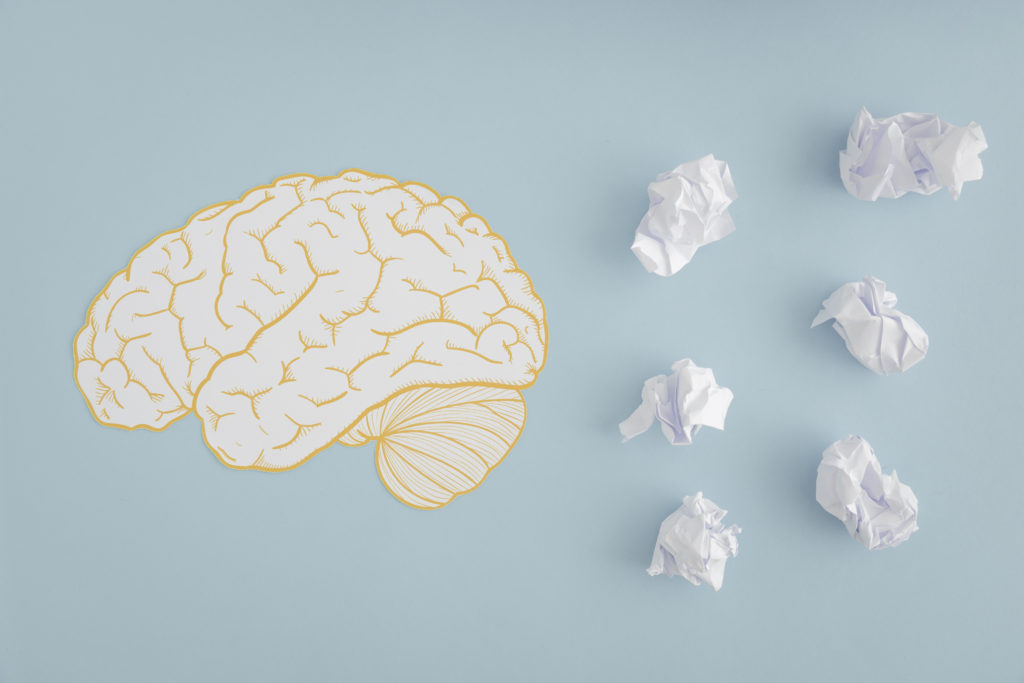In the same way that contact with nature has determined its therapeutic qualities for our emotional balance (for example, through the ‘forest baths’), the long confinement that the crisis of COVID-19 will impose may have the opposite effect if we do not take the appropriate measures. Any confinement can be detrimental to our psychological health, but this phenomenon becomes a relevant specific update when the quarantine is lived in solitude. Various studies alert to symptoms such as depression, anxiety, stress, insomnia, irritability and mental exhaustion. Social integrator Paula Carpintero proposes various strategies to stay emotionally healthy.
1.- Assume and accept the reality we are living. It is possible to live a phase of denial, but we must internalize that being recruited at home is a gesture of civility and responsibility that contributes effectively to the common good, especially with regard to the most vulnerable population.
2.- Maintain contact with our loved ones, taking advantage of the technological tools that we have at our disposal. It is convenient to share the way in which we are coping with the situation, but avoiding to uselessly feed fears and concerns among ourselves.
3.- Avoid “infoxication”, both on social networks and on television, radio, etc. The information overload hinders our ability to differentiate true and false data, and favors the obsessive and negative thinking that only the masculine interior generates.
4.- Take advantage of this forced confinement to do everything that lack of time usually prevents us from developing: reading, cooking, organizing, decorating the room, learning to play a musical instrument, meditating, writing, exercising at home …
5.- Take care of our physical health: exercising at home, maintaining a balanced diet, sleeping the appropriate number of hours, taking baths with relaxing music, and sunbathing when possible, even if it is in the window or on the balcony.
6.- Try not to set deadlines to the situation we are experiencing. If we set dates and then don’t stay, this frustration will be a source of great anxiety. And if it turns out that everything ends sooner than we think, we will experience a fantastic feeling of liberation.
7.- And finally, if necessary, ask for professional help. These days there are many psychologists who have offered to collaborate selflessly, either online or by phone. If it detects that the situation overflows you, do not hesitate to contact



